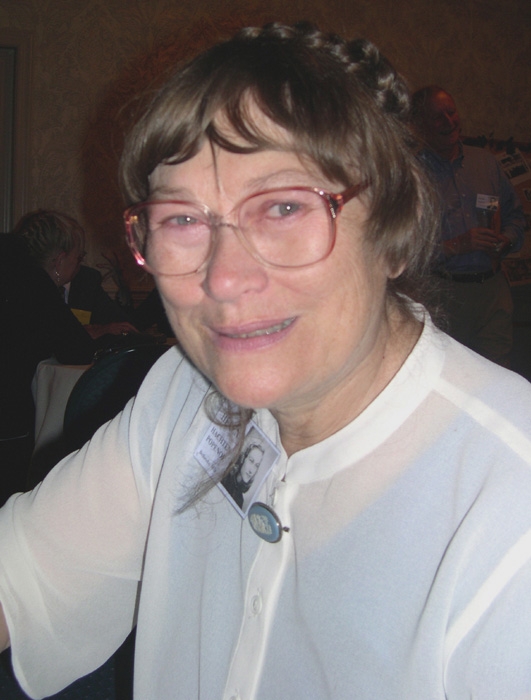
The tone of all this meshed with the history in a book I’m in the midst of reading, Philip F. Gura’s American Transcendentalism. Such quotes as the following matched what I was hearing: “the young Unitarians beginning to turn their denomination upside down,” and “The blowup came in the summer of 1838, when the graduating class of Harvard’s Divinity School invited Emerson to deliver the customary discourse on the evening before commencement.” Oliver Wendell Holmes termed Emerson’s Divinity School address “our intellectual Declaration of Independence.” The “most important demand” of a person’s Unitarian faith was “to speak from the soul.” (Emerson) That American Transcendentalism chapter’s title is “Religious Combustion.”
When I heard the Rev X ministers refer to the year of the merger between Unitarians and Universalists as beginning the first wave of the revolution they represent, I shook my head “no.” I think it began with the Transcendentalists. When the Rev X ministers spoke of the Baby Boomers’ second wave as “making it happen”, I thought they needed consciousness-raising to include the changes inspired by the Women and Religion Resolution, too. Our 1977 Resolution is aimed at making our UU practice focus on relationships, open process and inclusiveness. That matches what I heard in the workshop. (Also, of course, we center our W&R religious work on preserving the interdependent web, equity and justice and compassion, with special attention to family and children.) Now, alas, without acknowledging W&R in the workshop, at least, the Reverend X ministers are adding their inspiring vision to our W&R empowerment message. Look at the impact of our educational thrust begun with the first edition of “Cakes for the Queen of Heaven”! I see our liberating work as a manifestation of the second wave. I see the same work continuing through Small Group Ministry (Covenant Groups).
As Rev. Gretchen Woods says, “It’s relational with other humans. We women bear within us the transpersonal continuity. The use of story is our form for learning of our connections. The calling forth of women’s voices is calling forth their power.” Now, men are taking to this same path. Rev. Woods puts this kind of “speaking from the soul” (Emerson) into a process of, first, having an experience “that shakes the foundation.” Second, “the theological is the effort to articulate that experience.” Third is personal action (“the ethic of how I express this through my life.”) She goes on, “There is a change in consciousness, recognizing the need to merge body and spirit.” I see that as my kind of Transcendentalism. It constitutes what the Rev X ministers call the first wave, from what I heard in the workshop at General Assembly.
Because I know from our UUW&R feminist past, Rev. Woods’ kind of commitment to non-dualistic connecting with others in deep relationship, I was thrilled to hear our same ideas being carried on by the Reverend X ministers. I’m not saying that their GA workshop was equal in impact to Emerson’s 1838 Harvard address. However, I do know the evolution we are contributing to, continues forward by way of more and more UU voices.



